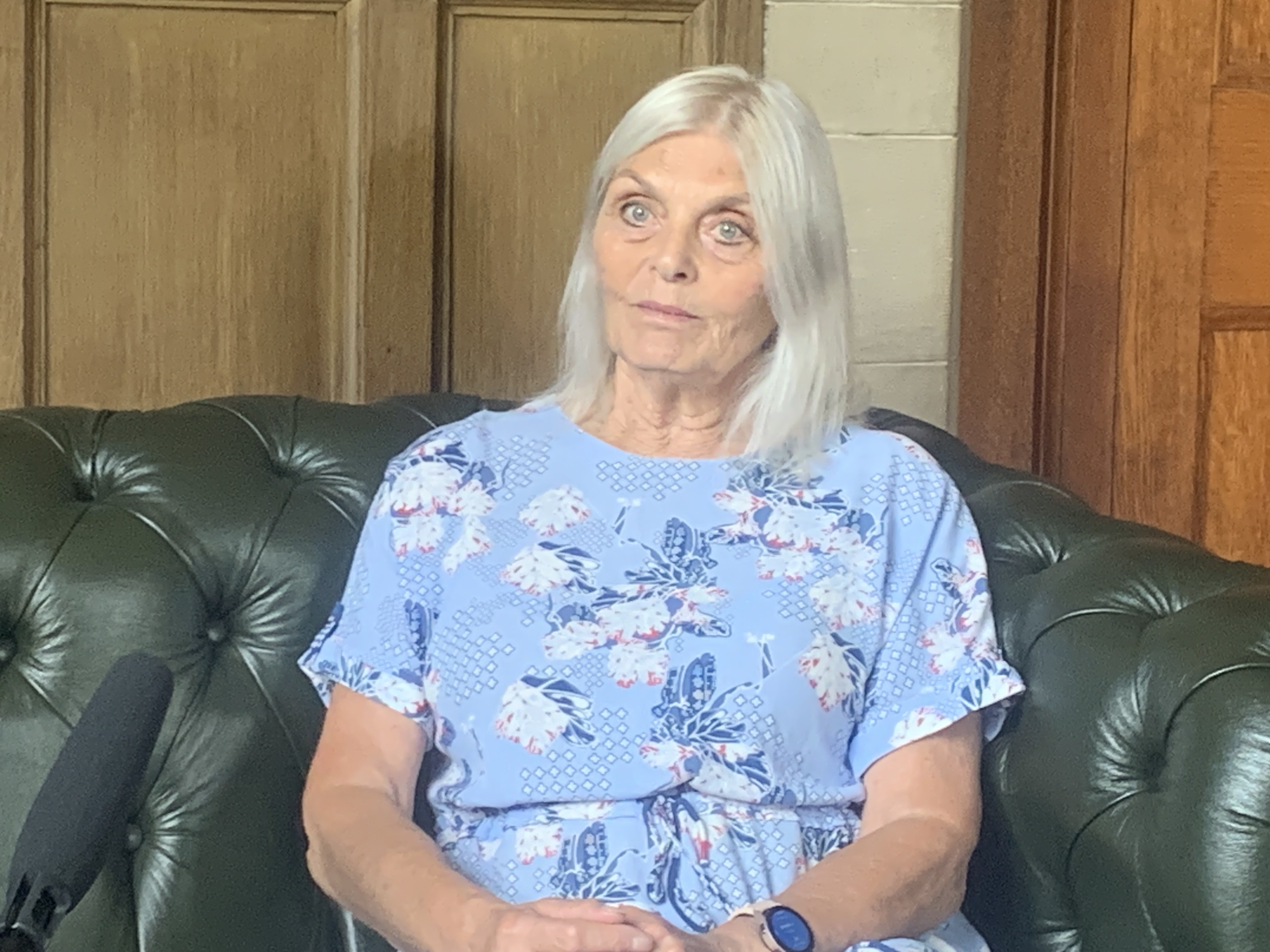Ann Dyte, Chief Executive Officer of the UK-based FCV International Football Academy, has highlighted Nigeria’s pivotal role in global football development, praising the country’s rich pool of young talent.
Reflecting on the academy’s evolution, Dyte shared that FCV began in 2000 as a platform for young players to showcase their football CVs online.
“At the time, there were limited opportunities for players to present themselves. So, we created a space where they could be seen,” she explained.
As interest from clubs grew, FCV expanded to host trial days and football camps. By 2007, it formally became FCV Academy. Initially focused on British players, the academy has since welcomed talent from around the world.
“We’re proud to bring players to the home of the Premier League. It sets us apart,” Dyte said.
Operating as a not-for-profit organisation, FCV reinvests all its income into its programmes. In 2022, the academy relocated to Grace Demeanor Park—a move Dyte described as transformative.
“We’re fortunate to have an owner who believes in growth and development,” she added.
Nigeria, Dyte emphasized, has been central to FCV’s success.
“Nigeria is our biggest source of exceptional young footballers. We’ve built strong relationships with Nigerian families over the years. While I haven’t visited personally, our coaching staff travels there regularly, and I stay in close contact with parents via WhatsApp.”
Beyond football, FCV places strong emphasis on education.
“We help players prepare for life beyond football. Parents understand the importance of having a backup plan, and that’s one of our greatest strengths,” Dyte noted.
She also praised the character of Nigerian students.
“They’re respectful, polite, and full of joy. They have big appetites, yes, but they’re a pleasure to host. You can hear them, see them—they’re vibrant and happy. Nigerian parents want the best for their children, and we’re proud of the trust they place in us.”
FCV offers elite football training led by UEFA A-licensed coaches, including former Premier League player Jack Hobbs. The academy partners with Loughborough College and University to provide world-class education.
“We combine top-tier football with genuine care. Our pastoral team, led by Katie, ensures the boys feel at home. We’re strict when needed, but always supportive.”
Dyte was candid about the academy’s philosophy.
“We don’t promise Premier League contracts—that wouldn’t be honest. What we promise is to give every boy the best chance to succeed. Development varies greatly between ages 15 and 18, and we respect that journey.”
She acknowledged the financial challenges of running such a comprehensive programme.
“We don’t outsource accommodation. Every boy is cared for individually. Rising costs and government pressures have led to price adjustments, but we remain committed to offering value. As CEO, it’s my responsibility to ensure sustainability.”
Dyte also highlighted FCV’s long-standing partnership with Oluseyi Oyebode and his company, Dynaspro, which has consistently delivered top-tier talent from Nigeria.
“We’ve worked together for many years and trust Dynaspro to bring us the best players. Despite financial instability in Nigeria at times, we always find a way to support the right players—those who meet our coaches’ standards.”
FCV regularly visits Nigeria, including trips last year where selected boys were invited to the UK for trials.
“We call it a ‘freebie’—a chance for them to experience our environment and for us to evaluate their potential. Nigeria has consistently been our strongest source of talent.”
Scholarships are available but highly selective.
“If a player stands out—not just in skill, but in mentality and attitude—there’s always a chance. We run scholarship camps, but they’re reserved for truly special players. We have to balance our resources carefully.”
FCV’s core offering is a blend of football and education, which Dyte believes resonates strongly with parents.
“Our flagship programme is the two-year BTEC in Sports Performance, which provides UCAS points and a pathway to university. Students join in September, return home for Christmas, and complete the programme by May.”
The academy has expanded its academic offerings to include A-levels and a degree programme in partnership with Loughborough University, renowned for its excellence in sports education.
“These programmes open doors to higher education and professional development,” Dyte said.
In addition to academic tracks, FCV offers English language courses for non-English speakers and elite football training programmes ranging from two weeks to six months.
“These intensive football-only programmes are popular and run year-round, except for a two-week break over Christmas and New Year.”
During the summer, FCV hosts camps lasting two to eight weeks, preparing for the return of full-time students in September. Dyte encouraged parents to consider sending their children to a camp before committing to long-term enrolment.
“It’s important that the boys experience life here first. We want them to feel comfortable and confident before making a full commitment.”
Parental involvement is a key part of FCV’s philosophy.
“Parents have full access to staff—and to me. I stay in regular contact with several parents. We promise to make your son a better footballer, provide him with a solid education, and care for him as you would.”
FCV enforces curfews and monitors student movement to ensure safety.
“We treat them like our own sons. If a player is injured, our physio contacts the parents immediately. We create care plans when needed and keep families informed. That level of pastoral care is what sets us apart.”
Dyte concluded: “Not every child will become a professional footballer, but every child will be cared for, educated, and given the best chance to succeed. That’s what makes us different—we care.”

